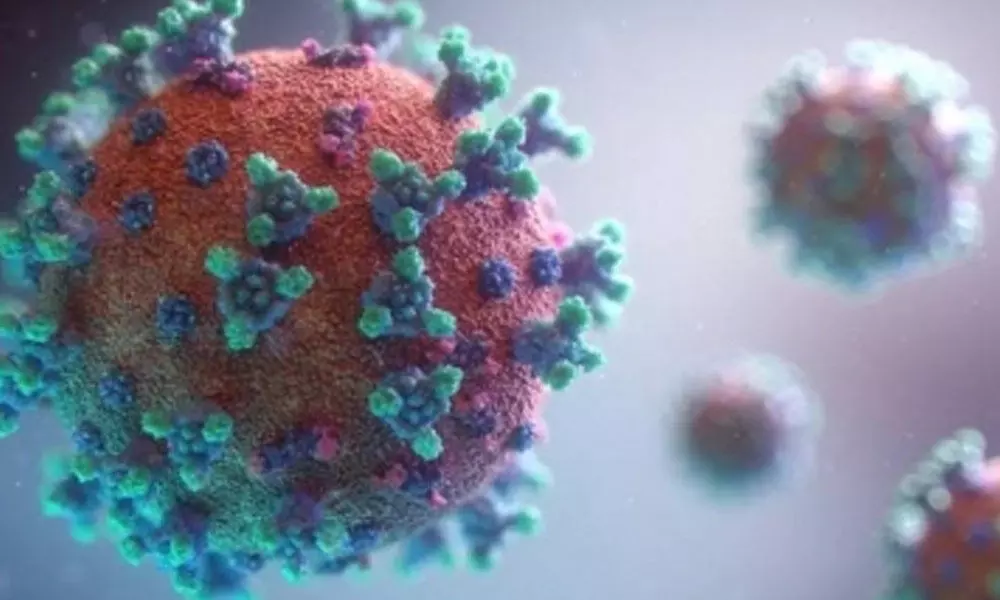New polymer coating for clothes may keep Covid, bacteria at bay

New polymer coating for clothes may keep Covid, bacteria at bay
Worried if catching Covid or other bacterial infections during a hospital visit? Canadian researchers have developed an inexpensive, non-toxic coating for almost any fabric that decreases the infectivity of the virus that causes Covid-19 by up to 90 per cent.
Toronto: Worried if catching Covid or other bacterial infections during a hospital visit? Canadian researchers have developed an inexpensive, non-toxic coating for almost any fabric that decreases the infectivity of the virus that causes Covid-19 by up to 90 per cent.
"When you're walking into a hospital, you want to know that pillow you're putting your head onto is clean," said lead author Taylor Wright, a doctoral student in the department of chemistry at the University of British Columbia (UBC).
"This coating could take a little bit of the worry off frontline workers to have Personal Protection Equipment with antimicrobial properties," Wright said.
Researchers soaked fabric in a solution of a bacteria-killing polymer which contains a molecule that releases sterilizing forms of oxygen when light shines on it.
They then used an ultraviolet (UV) light to turn this solution to a solid, fixing the coating to the fabric.
"This coating has both passive and active antimicrobial properties, killing microbes immediately upon contact, which is then amped-up when sunlight hits the cloth," said senior author Dr. Michael Wolf, Professor of chemistry at UBC.
Both components are safe for human use, and the entire process takes about one hour at room temperature, said Wright. It also makes the fabric hydrophobic, meaning microbes are less likely to stick to the cloth, and doesn't seem to affect the strength of the fabric.
In addition, the coating can be used on almost any fabric, including cotton, polyester, denim, and silk, with applications in hospital fabrics, masks.
It can also be used for activewear, with an 'anti-stink' coating applied to areas where people tend to sweat, killing off the bacteria that makes us smell, according to the study published in American Chemical Society Applied Materials & Interfaces journal.
While other such technologies can involve chemical waste, high energy use, or expensive equipment, the UBC method is relatively easy and affordable, Wright noted.
"All we need is a beaker and a light bulb. I'm fairly certain I could do the whole process on a stove."
To test the coating's bug-killing properties, the researchers bathed treated fabric in bacterial soups of Escherichia coli (E. coli) and Methicillin-resistant Staphylococcus aureus (MRSA), both major sources of hospital-acquired infections.
They found there were 85 per cent of viable E. coli bacteria remaining after 30 minutes, which fell to three per cent when the treated cloth was exposed to green light for the same amount of time.
Similarly, 95 per cent of viable MRSA bacteria remained, dropping to 35 per cent under green light. No bacteria remained after four hours.
Given that sunlight or fluorescent lights have a lesser percentage of green, the team expects similar but less intense results for fabric exposed to those light sources, Wright said.
The researchers also looked into whether the coating reduced the infectivity of SARS-CoV-2, the virus causing Covid, by bathing treated fabric in a solution of the virus particles and then adding that solution to living cells to see if they could infect them.
They found the passive properties weren't effective against the virus, but when treated fabric was exposed to green light for two hours, there was up to 90 per cent decrease in the infectivity of SARS-CoV-2.




